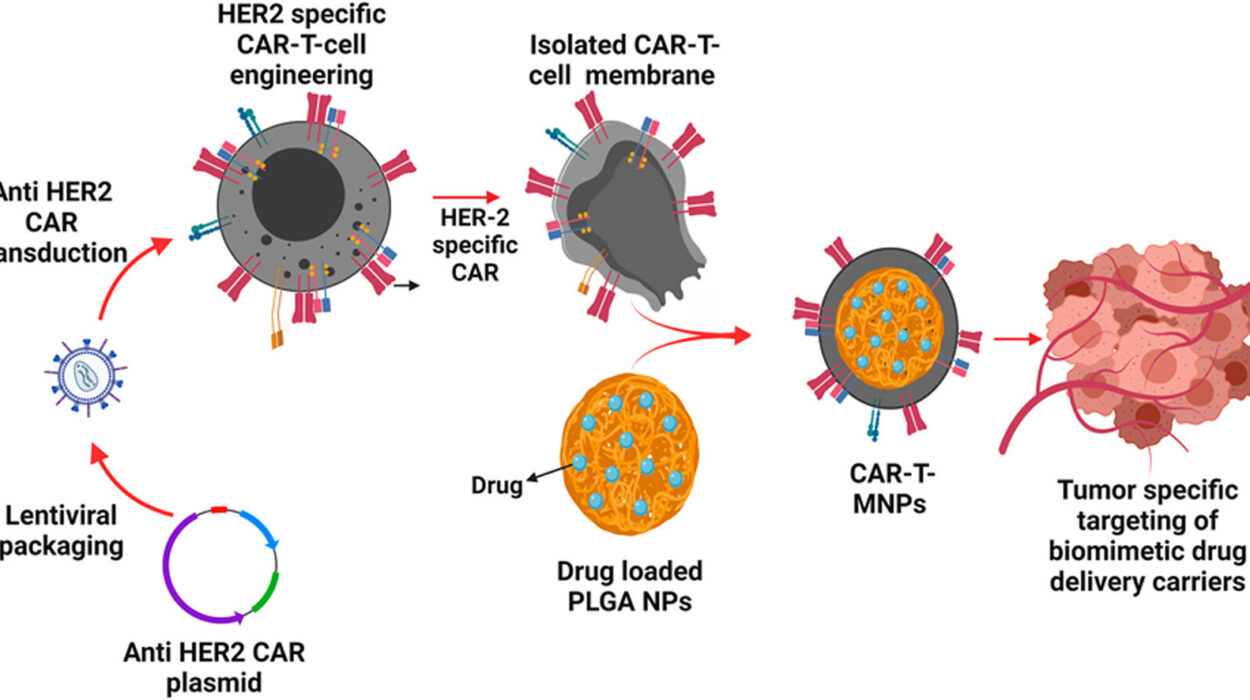Remaining single throughout life is increasingly common, challenging traditional societal norms that often prioritize marriage or long-term partnerships. However, while singlehood can offer freedom and independence, it also presents unique economic, medical, and psychological challenges, particularly as individuals age and may require support from others.
Recent research published in Psychological Science sheds light on how lifelong singles compare to partnered individuals in terms of life satisfaction and personality traits. The findings not only reveal disparities but also emphasize the importance of creating networks and support systems tailored to the needs of single people. According to Julia Stern, a senior researcher at the University of Bremen and one of the study’s lead authors, such differences may have significant implications for older adults who face increasing health and financial challenges.
The study analyzed data from over 77,000 Europeans aged 50 and above, making it one of the largest investigations into the experiences of lifelong singles. Participants were assessed on life satisfaction and the Big Five personality traits: openness to experience, conscientiousness, extroversion, agreeableness, and neuroticism. The researchers aimed to understand how being single for life compares with being partnered or having been in a past relationship.
Lifelong Singles vs. Partnered Individuals: Key Findings
The research revealed several noteworthy differences. Lifelong singles scored lower on life satisfaction and were generally less extroverted, less conscientious, and less open to new experiences compared to those in partnerships. While these results are averages and do not reflect every individual, they highlight trends that could have implications for social policies and community support programs.
The study also explored different definitions of singlehood. Some previous research considered “single” to include individuals who were currently unmarried, while others focused on those who had never married or cohabited with a partner. Stern and her colleagues categorized participants more precisely: those who were currently partnered, those who had never cohabited with a partner, those who had never married, and those who had never been in any long-term relationship.
Interestingly, individuals who had never been in a serious relationship scored the lowest on extroversion, openness, and life satisfaction, even compared to those who were currently single but had been married or cohabited in the past. Partnered individuals consistently scored the highest across all measures, suggesting that the experience of a close relationship may have a lasting positive impact.
Are Personality Traits a Cause or Effect of Singlehood?
One of the most debated questions in this research is whether personality traits influence relationship status or whether being in a relationship shapes personality over time. The findings suggest that selection effects—where personality traits predispose individuals to certain relationship statuses—are more significant than socialization effects, which involve personality changes resulting from being in a relationship.
For example, extroverted individuals are more likely to enter relationships due to their sociability and desire for connection. While entering a relationship might temporarily influence personality (such as an extrovert becoming more introverted while spending more time with their partner), these changes are generally short-lived. Over time, individuals tend to revert to their baseline personality traits.
Cultural and Demographic Variations in Singlehood
The researchers also examined how cultural factors, such as marriage rates and religiosity, influence the experiences of single individuals. In countries with higher marriage rates, such as those in southern Europe, lifelong singles reported lower life satisfaction compared to their counterparts in countries where singlehood is more normalized. However, the religiosity of a country did not significantly affect life satisfaction scores, suggesting that societal norms about marriage play a larger role than religious expectations.
Gender and age also influenced the findings. Single women generally reported higher life satisfaction than single men, perhaps reflecting greater societal acceptance of singlehood among women or differences in coping mechanisms. Additionally, older singles tended to be more satisfied with their lives than middle-aged singles. Stern speculates that this might be due to older singles having passed the societal pressure to marry and start families, allowing them to accept and embrace their circumstances.
Implications for Well-being and Longevity
The study’s findings have profound implications for the well-being of lifelong singles, particularly in older age. Previous research has established that life satisfaction and personality traits like extroversion and conscientiousness are linked to health outcomes and even mortality. For example, individuals with higher life satisfaction and greater social engagement tend to live longer and enjoy better health. Conversely, low life satisfaction and limited social connections can increase the risk of loneliness, depression, and chronic illnesses.
For lifelong singles, these challenges may be compounded by the lack of a built-in support system that partnerships often provide. In many cases, a spouse or long-term partner becomes the primary source of emotional and practical support, particularly in later life. Without this support, singles may be more vulnerable to the negative effects of aging, such as declining health, financial insecurity, and social isolation.
Addressing the Needs of Lifelong Singles
Given these findings, it is crucial to develop programs and initiatives that address the unique needs of lifelong singles. Stern emphasizes the importance of creating networks that cater specifically to this demographic, taking into account their personality traits and life circumstances. Programs designed to prevent loneliness and foster social connections could be particularly beneficial. For example, community groups, social clubs, and online platforms could help older singles meet like-minded individuals and build meaningful relationships.
Additionally, policymakers and healthcare providers should consider the specific challenges faced by lifelong singles when designing social services and support systems. Providing access to affordable housing, healthcare, and financial planning resources could help alleviate some of the economic and medical disadvantages associated with singlehood.
The Broader Implications of Singlehood
While the study highlights the challenges of lifelong singlehood, it is important to recognize that single individuals are a diverse group with varied experiences and perspectives. Not all singles face the same difficulties, and many thrive in their independence and freedom. Furthermore, societal attitudes toward singlehood are evolving, with increasing acceptance of alternative lifestyles and relationship structures.
By understanding the factors that contribute to life satisfaction and well-being among lifelong singles, researchers and policymakers can work to create a more inclusive society that supports people of all relationship statuses. As Stern notes, taking extra care of lifelong singles is not just a matter of addressing disparities—it is about recognizing and valuing the unique contributions and needs of this growing demographic. With the right support, lifelong singles can lead fulfilling and meaningful lives, regardless of their relationship status.
Reference: Julia Stern et al, Differences Between Lifelong Singles and Ever-Partnered Individuals in Big Five Personality Traits and Life Satisfaction, Psychological Science (2024). DOI: 10.1177/09567976241286865






